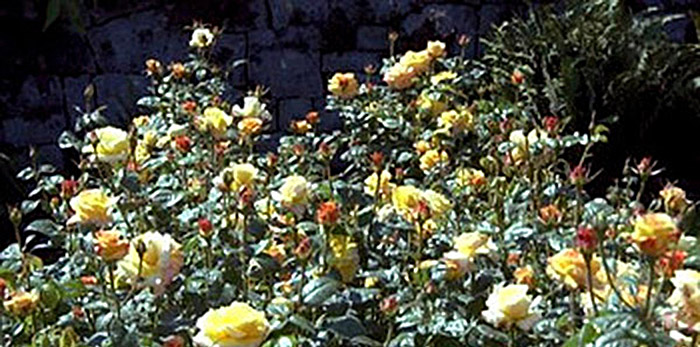 Integrated Pest Management (or IPM as it is called), is an organized system of practices that seeks to control pests while maintaining minimal environmental damage and maximum economic efficiency. This means that a proper IPM program will conserve environmental resources while saving you money.
Integrated Pest Management (or IPM as it is called), is an organized system of practices that seeks to control pests while maintaining minimal environmental damage and maximum economic efficiency. This means that a proper IPM program will conserve environmental resources while saving you money.
Steve Rettke coordinates the Integrated Pest Management course here at Rutgers University. Steven Rettke has been employed with Rutgers Cooperative Extension for the past 20 years, and he works primarily with landscapers, nurseries, and greenhouse professionals promoting the IPM philosophy. We asked Steve if he could give us some information about IPM. Namely, what does someone need to learn in order to implement a successful IPM program?
According to Steve, here is the basis of a successful IPM program:
- The general philosophy of integrating a variety of control strategies instead of only a single tactic when managing pests.
- The importance of developing monitoring skills to identify symptoms and signs of various pests and the best times to control them.
- Learning to recognize and identify some of the common backyard beneficial insects found within many landscapes and the importance of conserving them by using less toxic control strategies.
- Developing diagnostic process skills when assessing problems found in the landscape.
- Separating biotic problems from abiotic or environmental concerns.
- Understanding the importance of establishing and maintaining biologically healthy soils.
- Designing landscapes to have fewer problems by introducing pest resistant ornamental plants.
There are many sources of information about IPM on the web. You can also take Steve’s 3-day class on the topic this December 15, 16, and 17. For people with less time, there is an option to take only the first day on Dec 15.

Leave a Reply